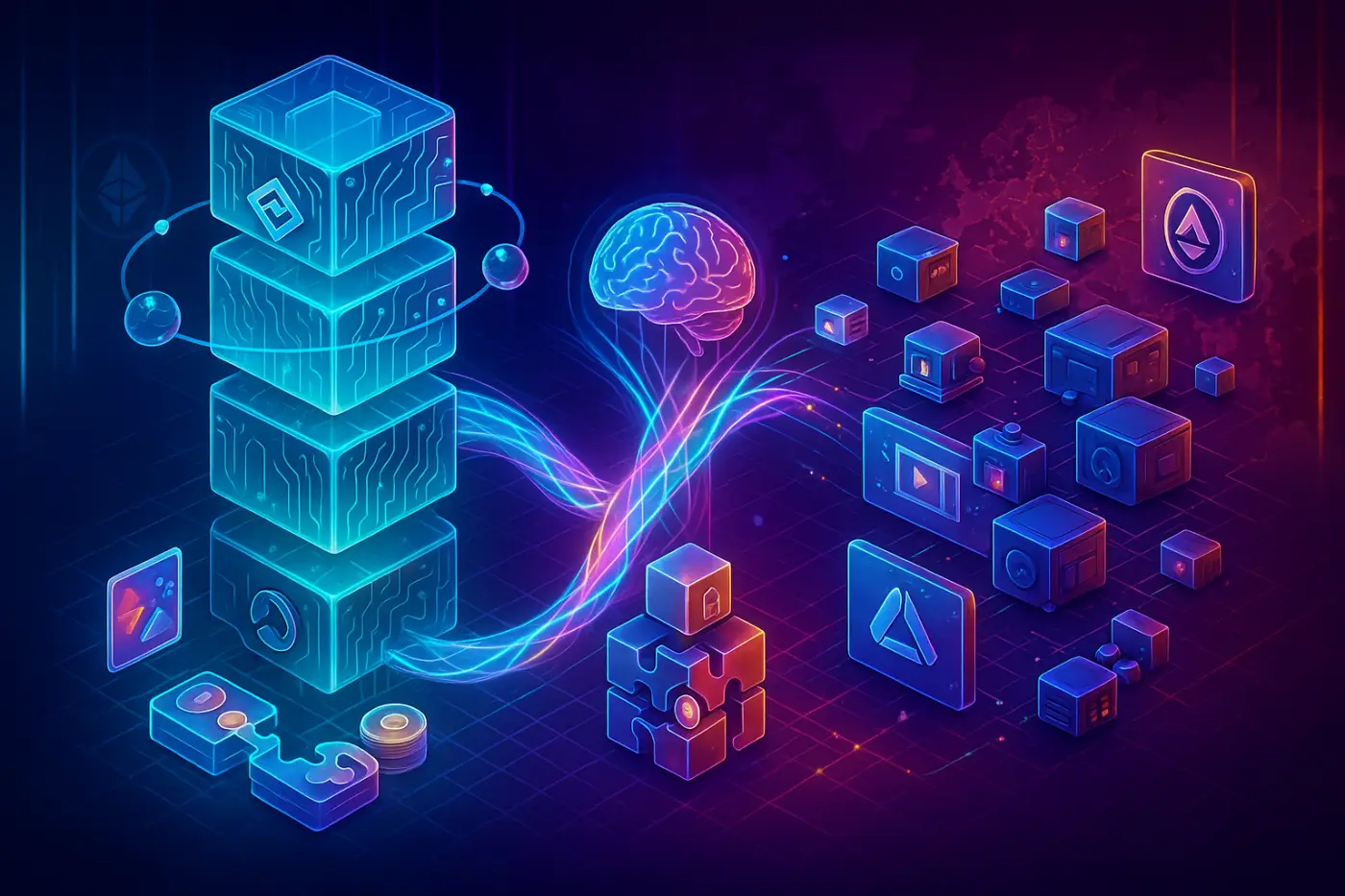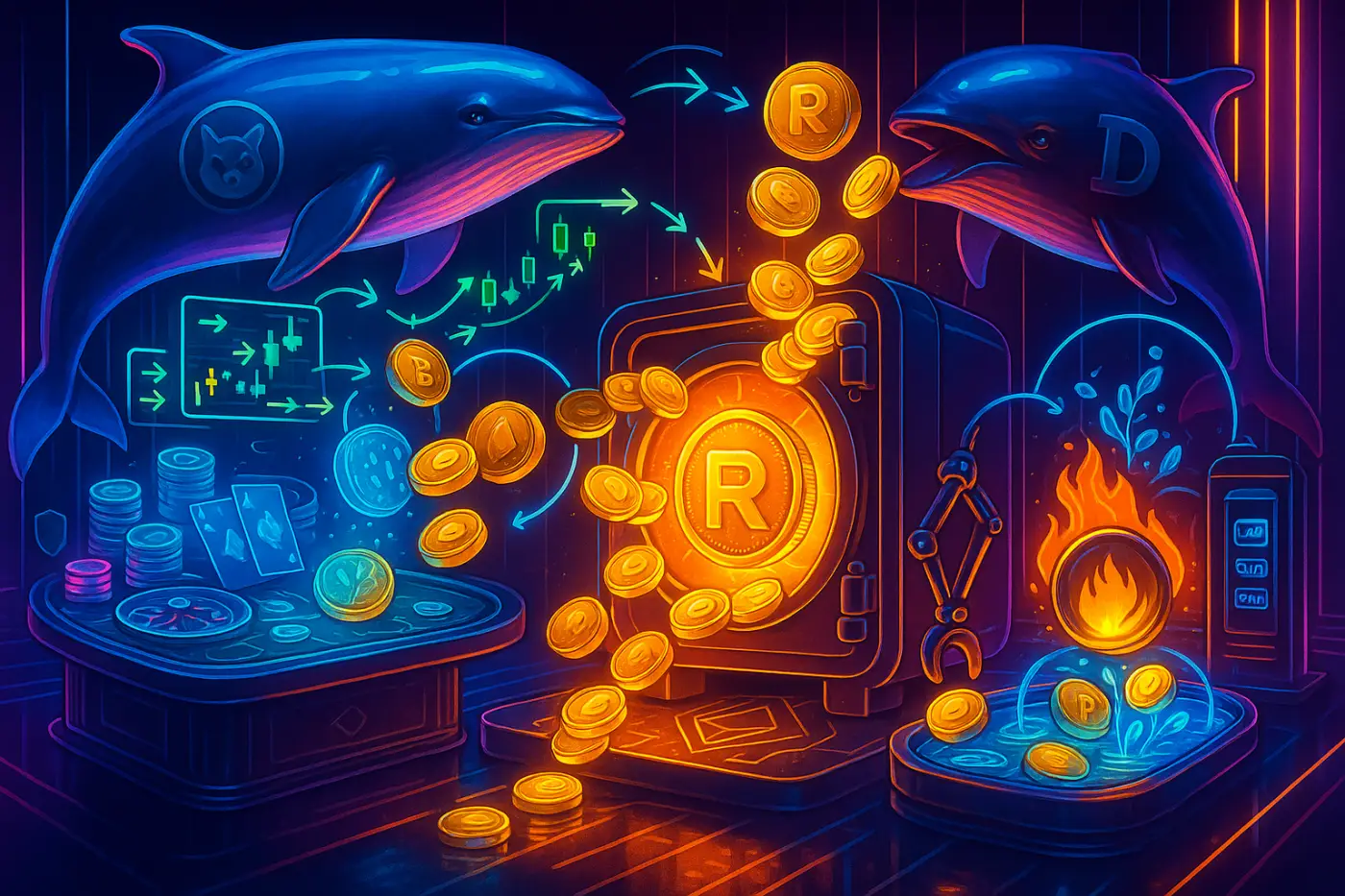Conflux Integrates AIOZ DePIN to Power Scalable DApps
Conflux Network has integrated AIOZ Network’s decentralized physical infrastructure network (DePIN) to give Web3 developers access to AI-driven compute, peer-to-peer streaming, and decentralized storage tooling designed to accelerate scalable decentralized applications. The strategic alliance connects Conflux’s open-source Layer-1 blockchain with AIOZ’s P2P node network, aiming to make DApps faster, more cost-efficient, and more accessible across the broader crypto and Web3 ecosystem.
AIOZ Network provides a full DePIN stack — AI compute, video streaming, and decentralized storage — built to replace reliance on centralized cloud servers with a distributed fleet of nodes. That architecture reduces costs, improves throughput for media and compute-heavy workloads, and adds tamper-resistant characteristics that benefit on-chain and off-chain services alike. Conflux will leverage these computational and storage resources to power DApp backends, content delivery, and AI-assisted features that require scalable, low-latency infrastructure.
Conflux is an open-source Layer-1 protocol focused on powering decentralized applications and Web3 infrastructure, enabling users, communities, and markets to connect across borders and chains. The integration with AIOZ is positioned to enhance Conflux’s utility for developers building everything from DeFi composability and payment rails to media-rich NFT experiences and AI-enhanced DApps. Teams on social channels highlighted that AIOZ’s stack will empower Conflux developers to build faster and deploy more resource-intensive services both on-chain and off-chain.
“DePIN approaches like AIOZ’s provide a community-driven alternative to centralized cloud models, lowering barriers to entry and expanding global access to compute and storage.”
The move underscores a broader industry shift away from centralized operational models dominated by large cloud providers. DePIN approaches like AIOZ’s provide a community-driven alternative that can lower barriers to entry for smaller projects, reduce ongoing operational costs, and expand global access to compute and storage. For builders in DeFi, NFT, and other crypto sectors — alongside major ecosystems such as Bitcoin and Ethereum that continue to influence standards — this type of infrastructure integration can help bridge on-chain logic with performant off-chain capabilities.
Key benefits developers can expect:
- Lower operational costs: distributed nodes replace centralized cloud spending.
- Improved performance: higher throughput for media and compute-heavy workloads via P2P streaming and distributed compute.
- Scalable AI features: access to AI-driven compute for on-chain and off-chain augmentations.
- Tamper-resistant storage: decentralized storage that supports secure content delivery and DApp backends.
- Broader accessibility: community-driven infrastructure lowers barriers for smaller teams and global builders.
As the partnership rolls out, Conflux developers should expect new tooling and integration points that tap AIOZ’s P2P streaming, AI compute, and decentralized storage services. The collaboration is a notable example of Layer-1 networks and DePIN platforms working together to deliver the scalable infrastructure Web3 applications increasingly demand.




